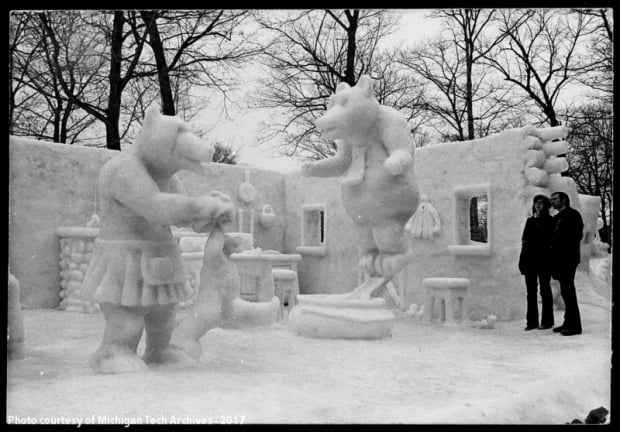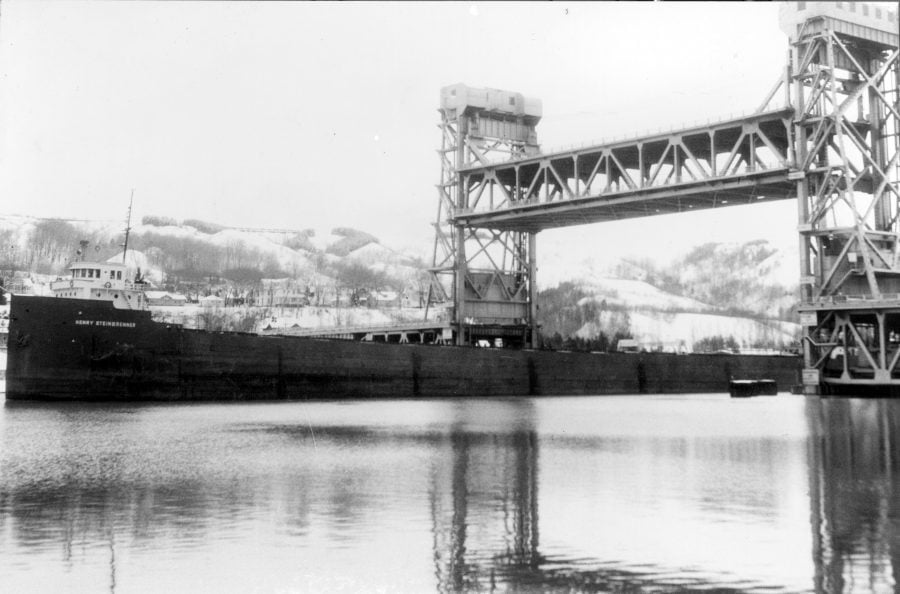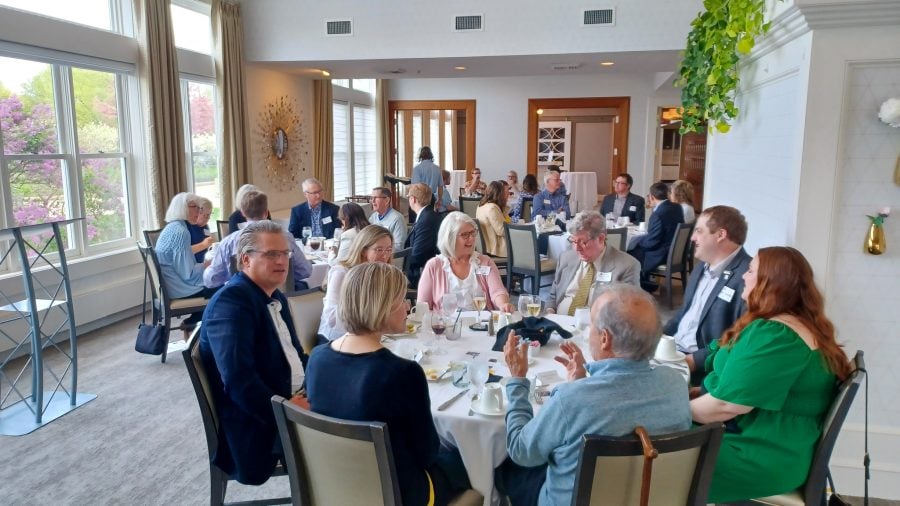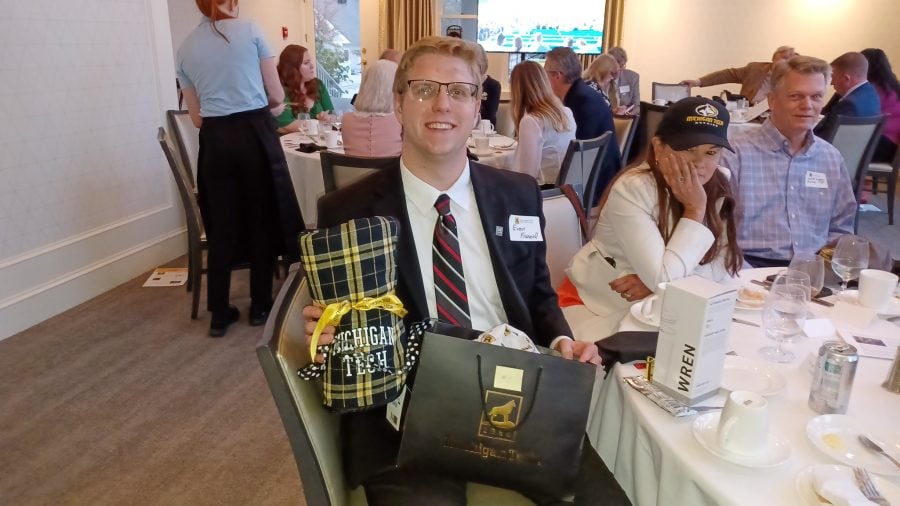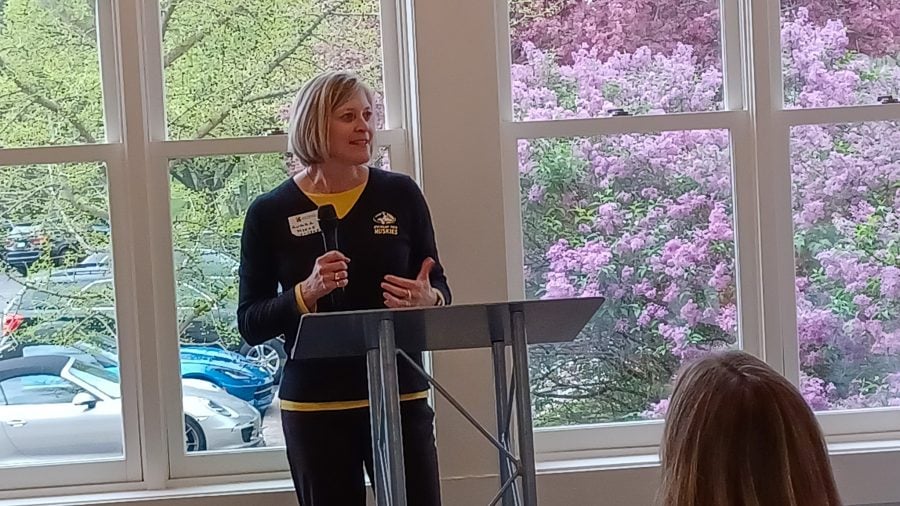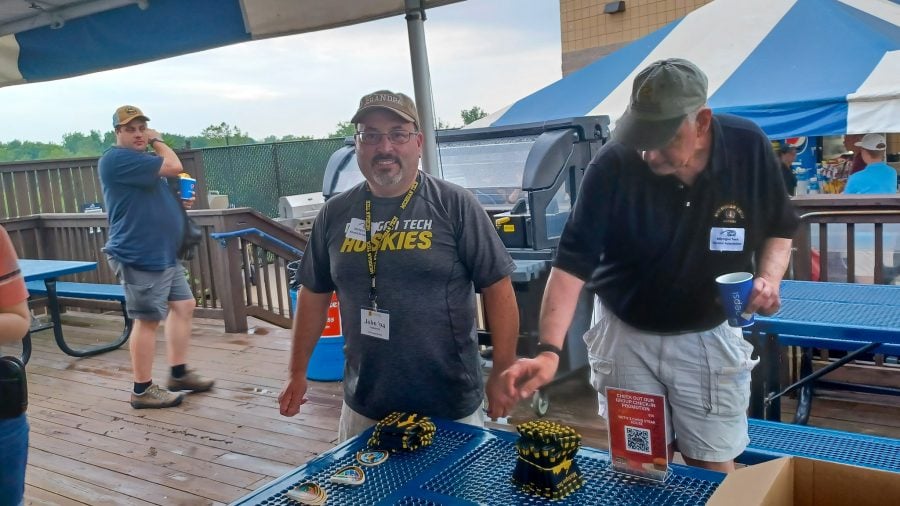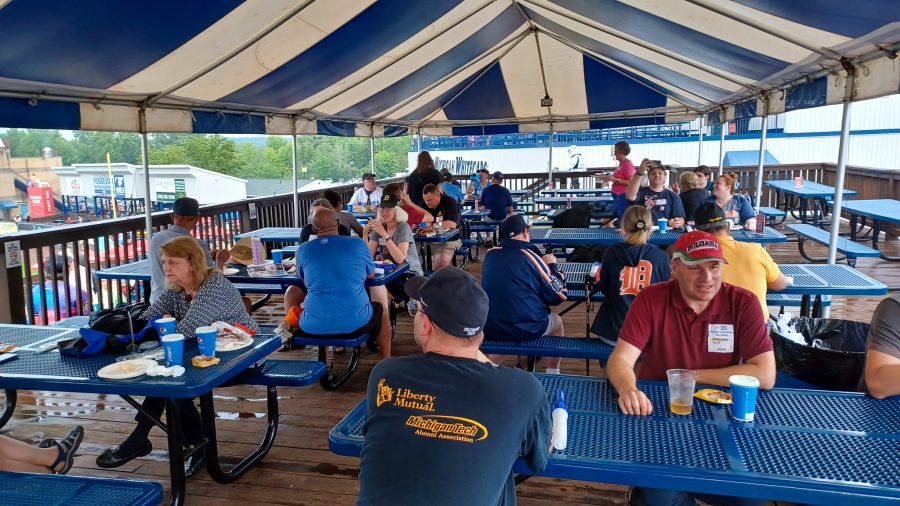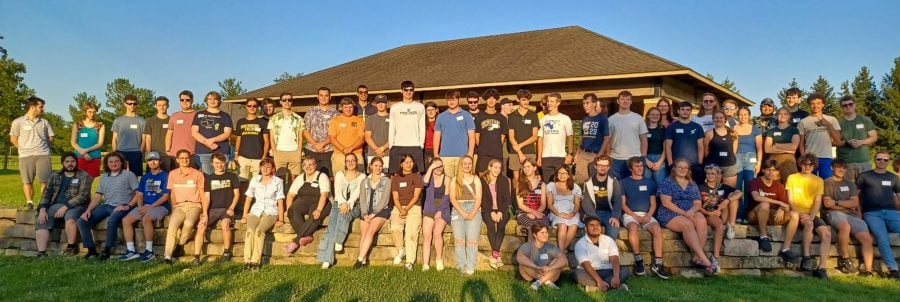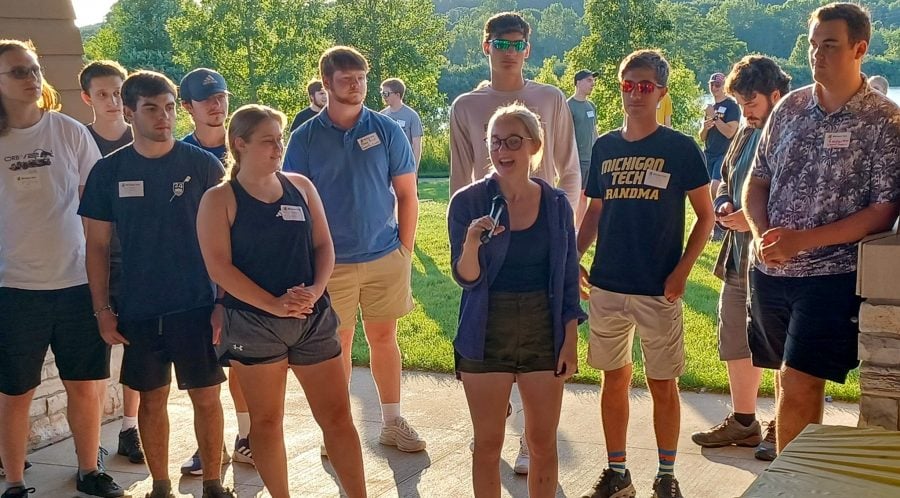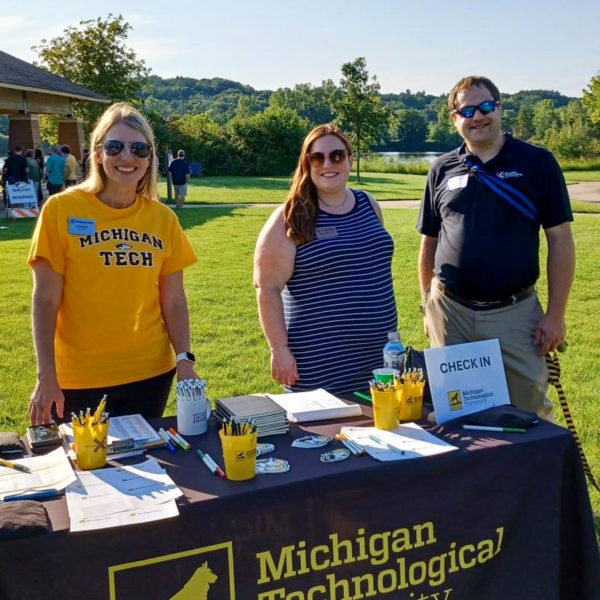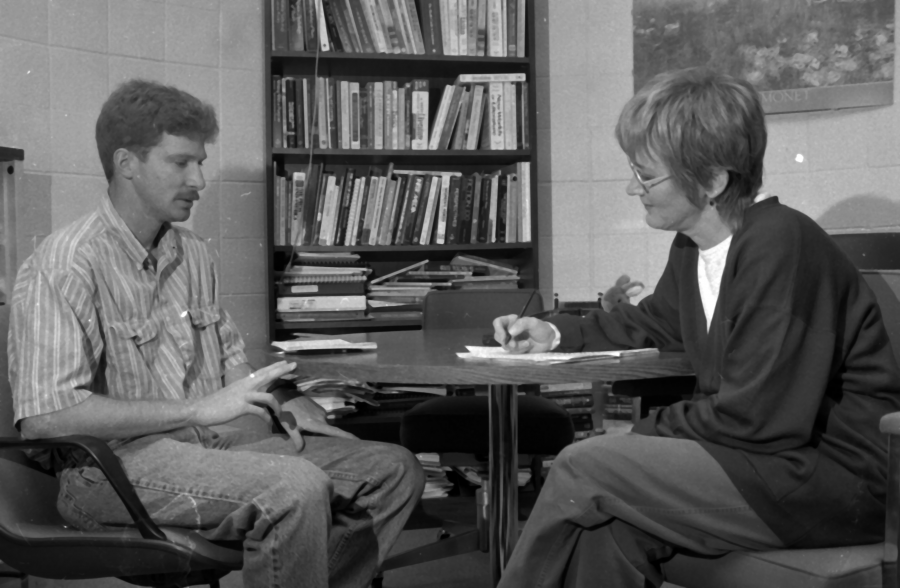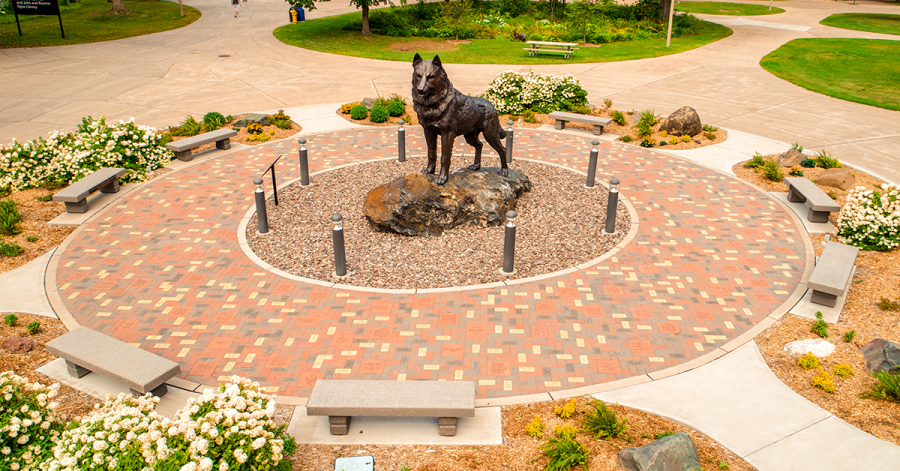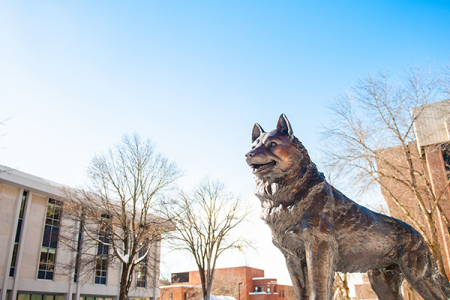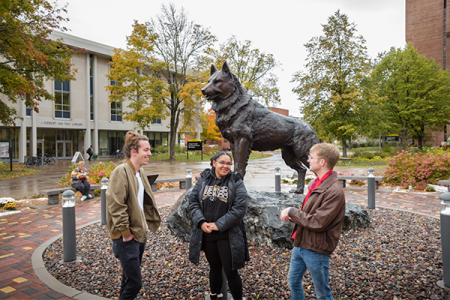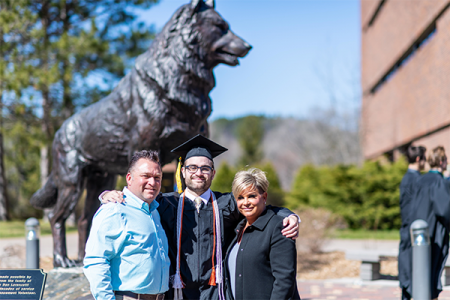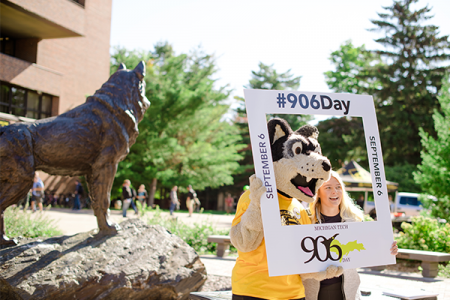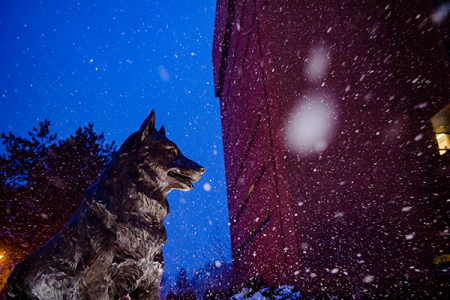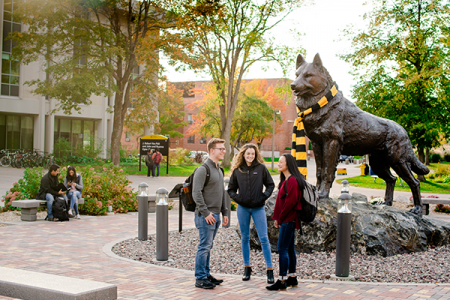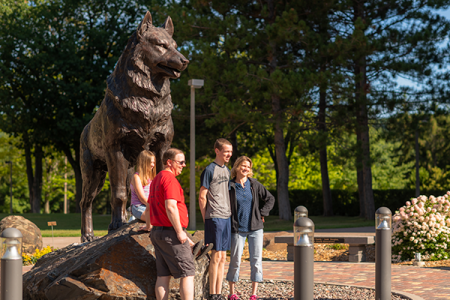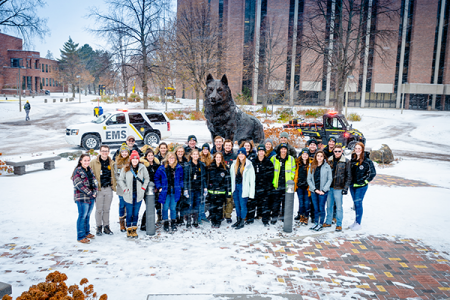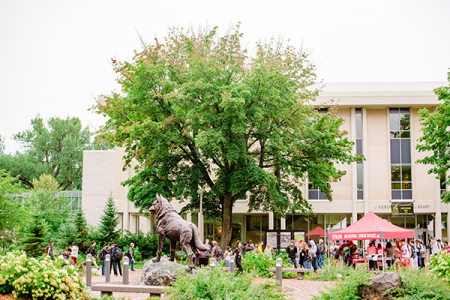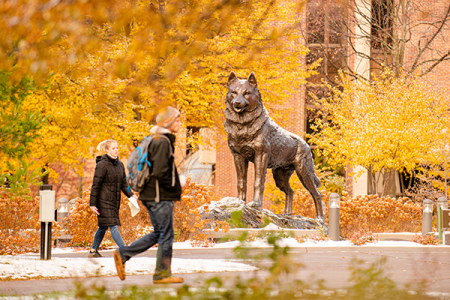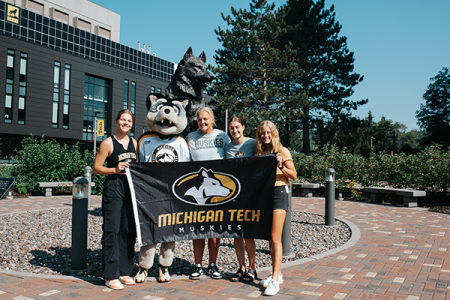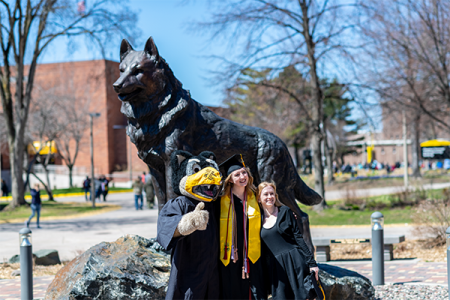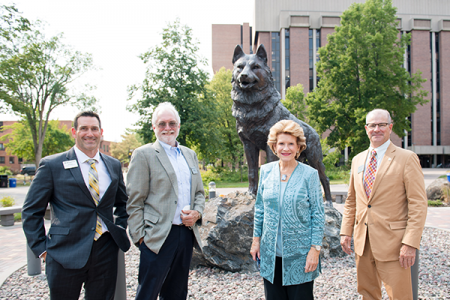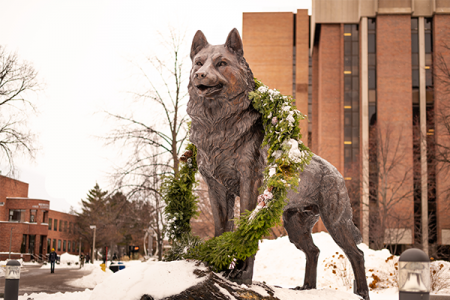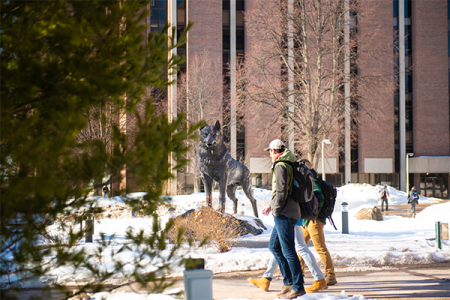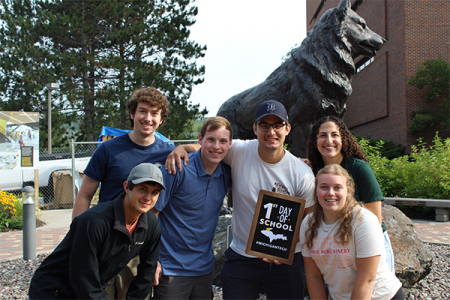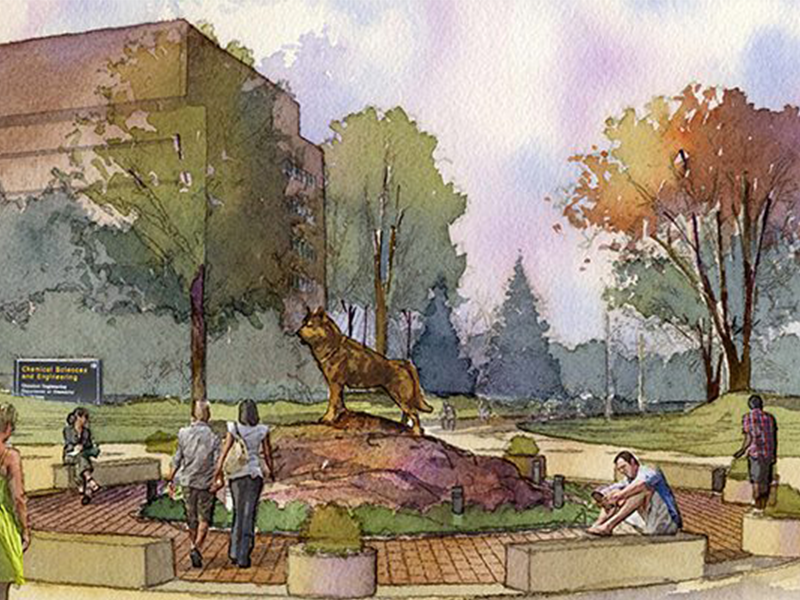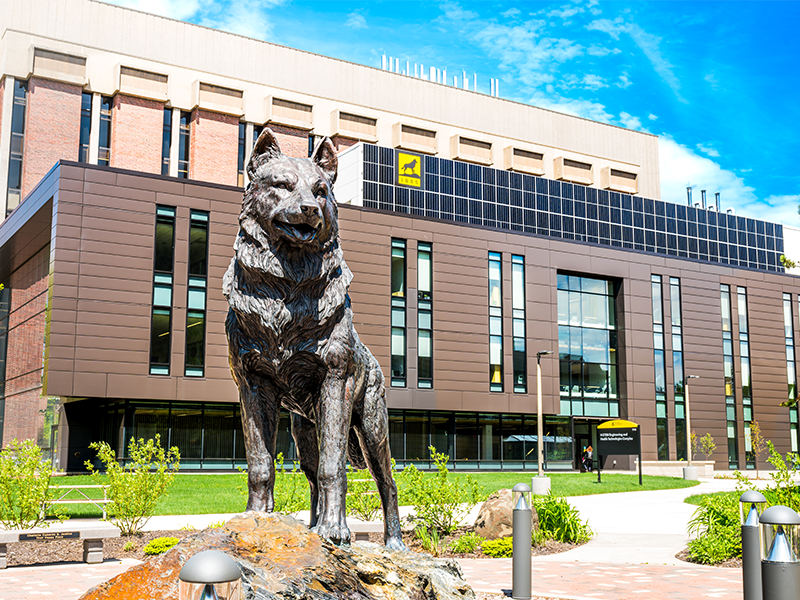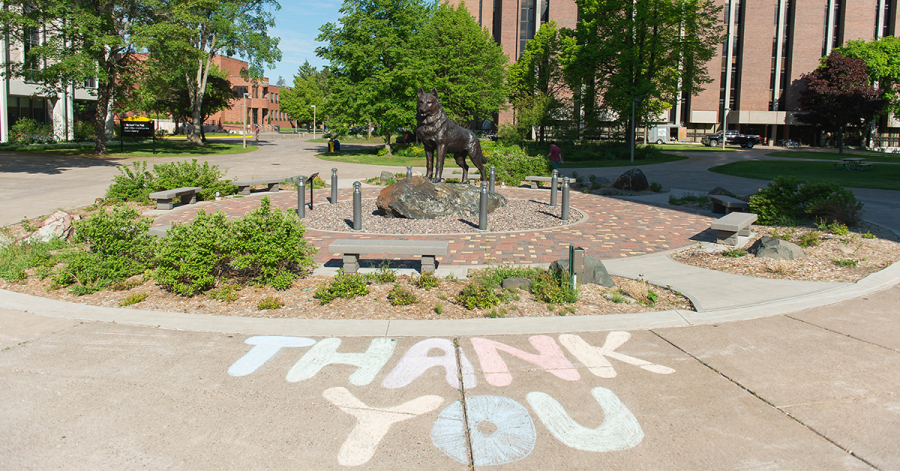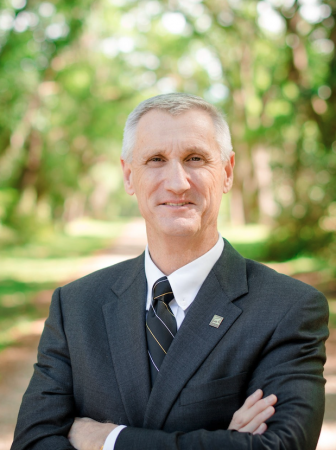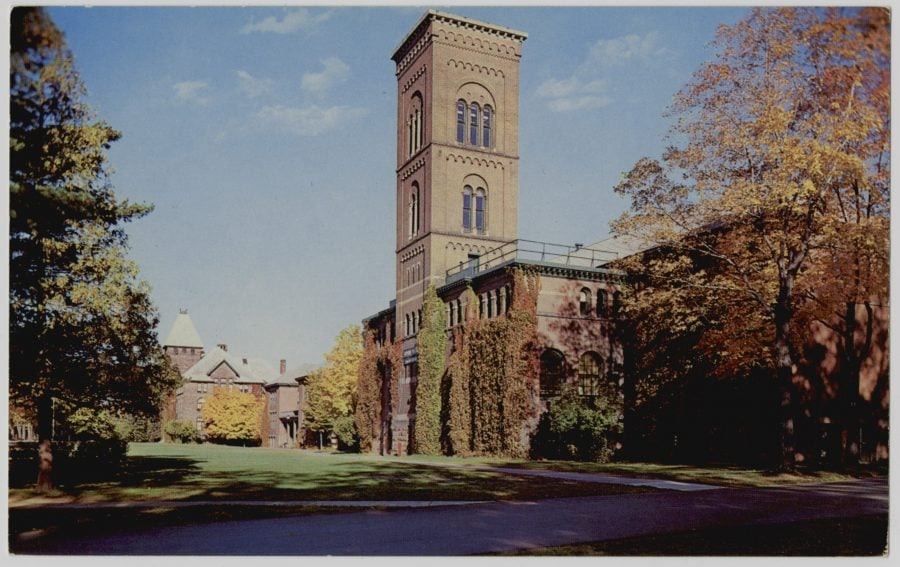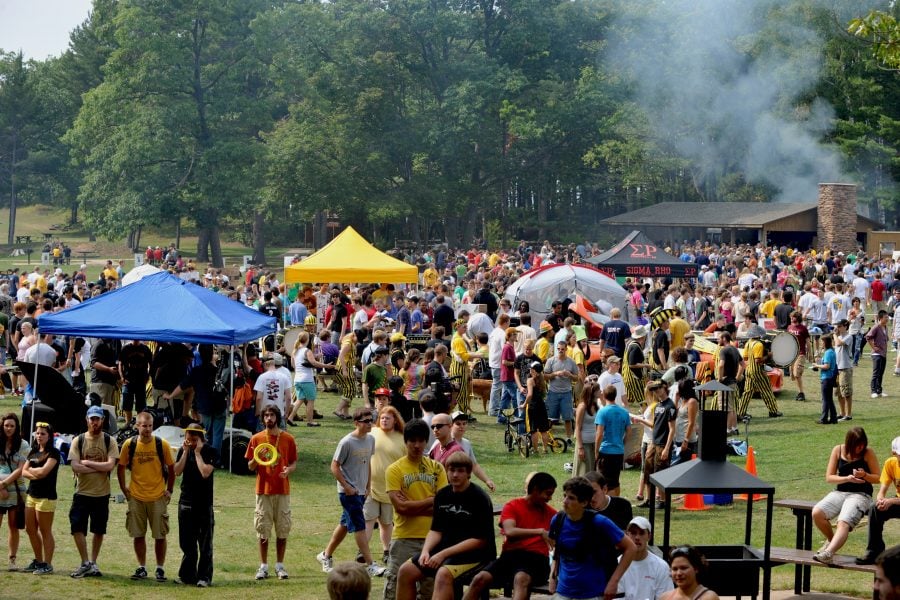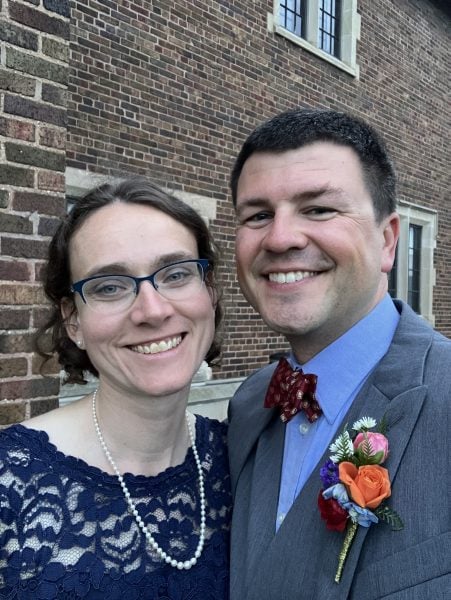Alumni Reunion 2025 will be from July 31–August 2, and we look forward to celebrating with all alumni and friends, especially those from our honored classes: 1955, 1960, 1965, 1970, 1975, 1985, 1995, 2000, 2005, and 2015. While we eagerly wait for the weekend to arrive, we encourage alumni from our honored classes and anyone attending to share their excitement and memories from wherever they are! What are you most looking forward to during Reunion Weekend? What is your favorite memory from your time as a student? Who are you looking forward to reconnecting with? Do you recognize yourself, or any friends in the photos? Share in the comments!
If you have photos that you would like to share from your time on campus, please email them to alumni@mtu.edu. We will use them in future Reunion promotions and include them in the slideshow that plays during the weekend.
Do you have a recent milestone you would like to share with the Michigan Tech alumni community? Check out Class Notes—your go-to source for reading about the latest happenings in the lives of fellow alumni, including new jobs, promotions, retirements, news coverage, awards, government appointments, and weddings… and share your own!
















